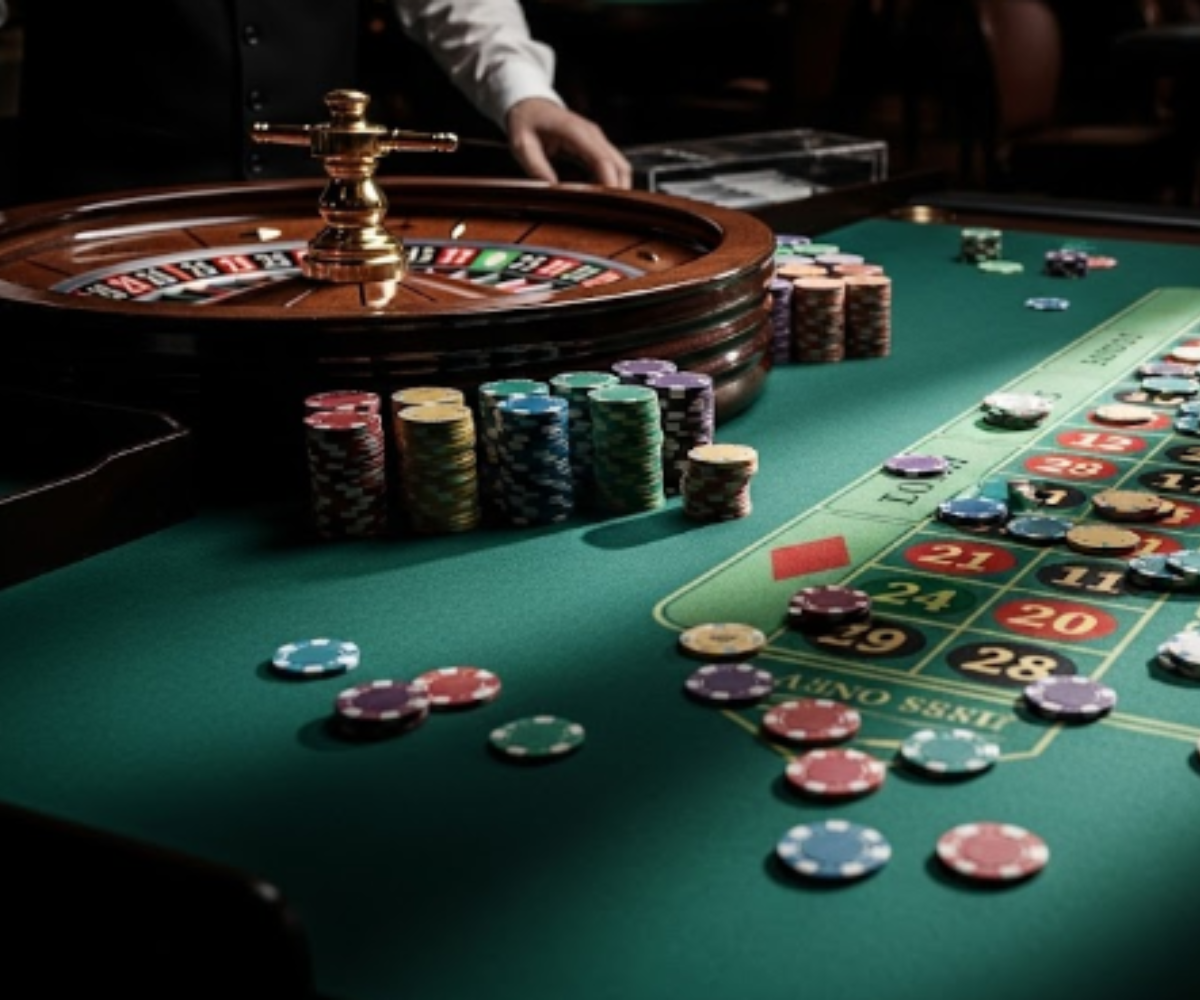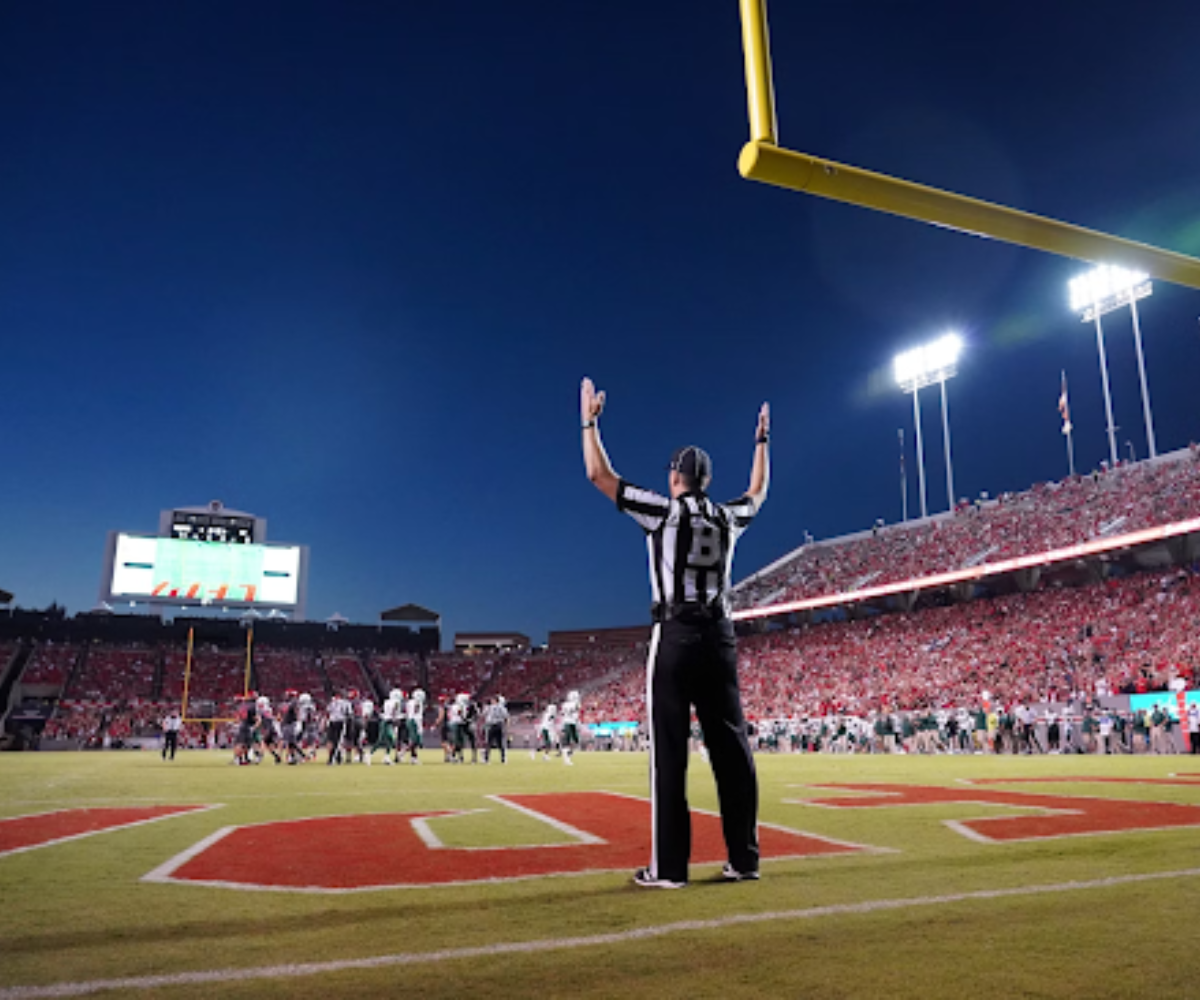Stadium conditions play a crucial role in shaping the dynamics of a baseball game, and their influence extends to the realm of betting.
Understanding how various environmental factors impact performance can be a decisive advantage for bettors looking to make informed wagers. The conditions within a stadium can vary dramatically from one venue to another and even change throughout the course of a game, affecting player performance, game strategy, and ultimately, the outcome.
The Growing Popularity of Sports Betting
Baseball is heavy on stats. With sports betting growing more popular around the country as more states legalize it, online platforms are becoming the way to go for many gambling enthusiasts. However, since the US has a patchwork legal system, many players from states that don’t yet have legal online sports betting are turning to offshore sites as an alternative, such as BetOnline. These sites provide a wider variety of odds coupled with a host of premium features like faster payouts, fewer restrictions, and more generous bonuses and promos.
Complementary services like sites that provide promo codes to help players stretch their budgets are also becoming a trend. With gross gaming revenue for sports betting totaling more than $10 billion in 2023, sports betting is big business and everything matters when it comes to setting the odds for every game—even which team is playing at their home stadium on the day.
America's national pastime can find plenty of websites that provide sabermetrics on player and team performances to inform their decisions. However, the actual stadium conditions aren't normally given as much weight. Temperature, humidity, and wind can drastically affect how a game unfolds. For example, warmer temperatures can lead to higher offensive production, as the ball tends to travel further in the heat.
This phenomenon is particularly evident in stadiums situated in warmer climates, such as those in Florida or Arizona. Conversely, cooler temperatures can suppress offensive output, leading to more low-scoring games. Professional punters make it their business to factor in as many variables as possible and stadium conditions can seriously affect play. Bettors should pay close attention to weather forecasts, as even slight changes can shift the odds.
Wind Conditions
Wind direction and speed are also critical components to consider. A strong wind blowing out can turn a routine fly ball into a home run, drastically altering the game's scoring potential. On the other hand, a headwind can have the opposite effect, causing balls to die in the outfield and reducing run production.
Bettors who track wind patterns and how they might influence a game can gain an edge. This was particularly true in stadiums known for their unique atmospheric conditions, such as Wrigley Field in Chicago, where wind often plays a significant role in gameplay.
The Field Surface
The playing surface itself can also impact betting outcomes. Grass types, field dimensions, and overall maintenance can affect how the ball interacts with the ground and players. Some stadiums have turf fields that allow for faster ground balls and can create more offense, while others feature natural grass that can be slower and more unpredictable. For example, the dimensions of Fenway Park, with its Green Monster, can favor left-handed batters, influencing team strategies and batting lineups.
Altitude
Stadium altitude is another factor that can lead to significant variances in performance. Higher altitudes, like Coors Field in Denver, are known for producing higher-scoring games due to the thinner air allowing balls to travel farther. This elevation can also impact pitchers, who might struggle with control and endurance as they adapt to the conditions. Knowledge of how different teams fare in high-altitude games is crucial for bettors, especially if they are considering wagers on run totals or player performance metrics.
Stadium Lighting
Lighting conditions can also have a surprising effect on gameplay. Different stadiums use various lighting systems, which can influence how players track the ball. A poorly lit field can lead to misplays and errors, while optimal lighting allows players to perform at their best. Additionally, games played during twilight hours may see shifts in visibility that could favor hitters or pitchers depending on their adaptability to changing light conditions.
Home-field Advantage
Home-field advantage is perhaps too overlooked as it can be an essential consideration in baseball betting. Many teams are accustomed to their home stadium's unique quirks, whether it be the size of the field, the surface type, or even the local fan support that can energize players.
Home teams often perform better in their own parks, making the home-field factor crucial for bettors. Analyzing a team's historical performance at home versus on the road can offer valuable insights, as well as understanding how a visiting team may struggle with unfamiliar conditions.
Noise Levels
Stadium acoustics can also impact player performance, albeit in more subtle ways. The noise level and fan engagement can provide a psychological boost to home teams or create pressure for visiting players. Bettors should factor in how crowd dynamics might influence a team's performance, especially in tightly contested games where every run and pitch counts.
It's also essential to consider how various factors intersect and compound each other.
Savvy baseball bettors should meticulously analyze stadium conditions and their potential impacts on gameplay in any way possible as this can gain them an edge.







%20(1200%20%C3%97%20232%20px)%20(9).png)











